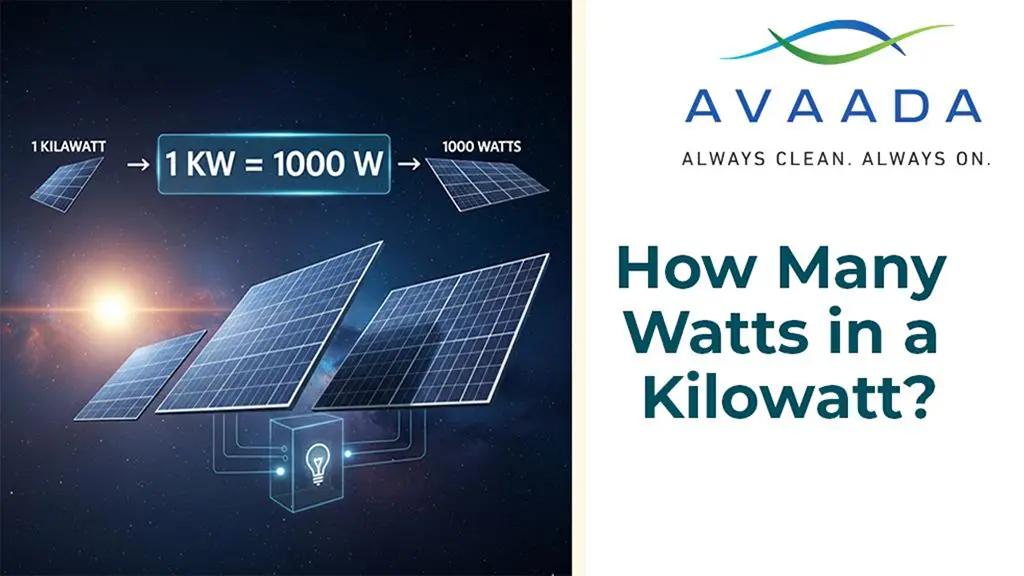Climate change stands as one of the most formidable challenges of our time, compelling nations across the globe to unite in their pursuit of achieving net-zero emissions. Amidst this critical juncture, the spotlight turns to renewable energy sources, which are poised to play a pivotal role in combatting this urgent crisis. When discussing renewable energy, we often imagine wind turbines and solar panels. Yet, the world of renewable energy is even more diverse and promising.
Renewable Energy Sources: Unlocking the Potential of Various Energy Sources
Renewable energy is the key that can unlock a future powered by a rich tapestry of resources. These sources hold the promise of revolutionizing our approach to energy generation. From harnessing the power of the wind and the sun to tapping into the energy of flowing water and the Earth’s heat, the potential is vast. As of 2022, renewable energy accounted for around 29.3% of global electricity generation, marking a substantial increase from previous years. These renewable energy sources are not only sustainable but also contribute to mitigating the effects of climate change and ensuring energy security. Before we delve any further into India’s progress and it’s goals, let us look into what are renewable energy sources.
What are Renewable Energy Resources?
Renewable energy sources are characterized by their ability to replenish themselves naturally, making them a sustainable alternative to finite fossil fuels.
- Wind Power
- Solar Power
- Bioenergy
- Hydroelectric Power
- Tidal Energy
Above are all examples of renewable sources. In the context of our planet’s urgent need for reducing carbon emissions, these sources play a pivotal role in combatting climate change.
Tracking Our Progress: The Journey to 2030 Renewable Energy Goals
India is blessed with abundant renewable energy sources. On the global stage, India ranks 4th in Renewable Energy Installed Capacity (including Large Hydro), Wind Power capacity, and Solar Power capacity. With a target of achieving 500 GW of non-fossil fuel-based energy by 2030, India has set ambitious goals that align with the global call for sustainable energy solutions.
Halfway through 2030, India has taken significant strides in meeting its emissions reduction targets under the Paris Agreement. India’s installed non-fossil fuel capacity was around 178.79 gigawatts as of May 2023, according to data from the National Investment Promotion and Facilitation Agency, and this amount has increased by up to 396% over the previous 8.5 years.
India increased the proportion of importance of renewable energy sources in its overall energy mix early on after seeing how important access to electricity was for driving socioeconomic growth. The National Bio-energy Program, Production Linked Incentive Scheme on National Program on High-Efficiency Solar PV Modules, and the active development of Solar Energy Policies for States with Abundant Solar Company Resources demonstrate how quickly the government has moved to take action.
India’s remarkable achievements are exemplified by its early attainment of clean energy targets – a significant feat that demonstrates the nation’s commitment to a sustainable future. With solar power generation capacity exceeding 70,000 MW, India is leading by example.
The momentum is driven not only by the national government but also by individual states. Rajasthan, Gujarat, Karnataka, Tamil Nadu, and others are actively contributing to this green revolution.
Also Read: What Is Pumped Storage Hydropower
Governments Crucial Role In Growth Of Renewable Energy
The Indian government has embraced an active role in fostering the use of renewable energy sources. The flagship National Solar Mission, launched in 2010, originally aimed to install 100 GW of solar power by 2022. This target was subsequently expanded to an ambitious 450 GW by 2030. The government has also initiated a wind power solution program to achieve a capacity of 60 GW by 2022. These bold targets have played a pivotal role in propelling the adoption of renewable energy across the country.
Moreover, the GOI has been actively working on prompting local manufacturing under the umbrella of the ‘Make in India’ mission. Aligned with the goal of promoting local manufacturing, the government has imposed a 40% duty on the import of solar modules and introduced the PLI scheme.
Apart from that, the launch of forward-looking policies, such as permitting 100% FDI, alleviating ISTS charges, and expanding sub-station capacities, have catalyzed innovation and collaboration.
India’s progress in harnessing the power of renewable energy sources serves as a global model.
Embracing the clean energy transition, the government has embarked on various measures to promote domestic manufacturing of renewable energy technologies. A notable move in this direction is the Rs 2.44 lakh crore transmission plan – a significant stride towards achieving India’s 500 GW non-fossil fuel-based energy target by 2030.
Avaada Group Empowering India’s Green Future with Renewable Energy Sources
Avaada Group exemplifies India’s green energy ambitions. Since its inception, Avaada has pioneered groundbreaking innovations that align with India’s commitment to curbing emissions. Rooted in the philosophy of ‘Vasudhaiva Kutumbakam’, Avaada group influences global communities through its ventures. The group spans multiple sectors, poised to significantly contribute to the world’s ‘Net Zero Ambition’.
Avaada Energy, responsible for Renewable Energy Generation, is among India’s fastest-growing renewable energy companies. It consistently shines in the Indian Renewable Energy sector and has commissioned large-scale projects across 11 states. Notably, Avaada’s establishment of one of the world’s largest solar plants in Bikaner, Rajasthan, with a capacity of 1246 MW (DC), is a monumental achievement.
In recognition of its dedication, Avaada Energy earned the prestigious title of “Top Utility-Scale Solar Project Developer” in the Mercom India Leadership Report 2023. This recognition stems from its groundbreaking 1,635 MW solar project installed during CY22, the largest in India’s solar energy sector.
Renewable Energy Sources: The Road Ahead
The journey toward achieving India’s 2030 renewable energy targets is a multifaceted endeavor. As we stand at the crossroads of energy transition, the nation’s progress is undeniable. The Indian government, states, industries, and citizens have collectively stepped up to the challenge of climate change by increasing the use of renewable energy sources.
Through the establishment of a resilient policy and regulatory framework, effective mobilization of capital, and the enhancement of capacity-building efforts, India possesses the opportunity to forge a future that seamlessly integrates sustainability and prosperity for its populace. This multifaceted approach not only aligns with the international drive to address climate change but also empowers India to achieve its ambitious 2070 net-zero target.
By nurturing these endeavors over the long term, India can pave the way for robust and enduring economic growth, setting the stage for decades of sustainable advancement.









